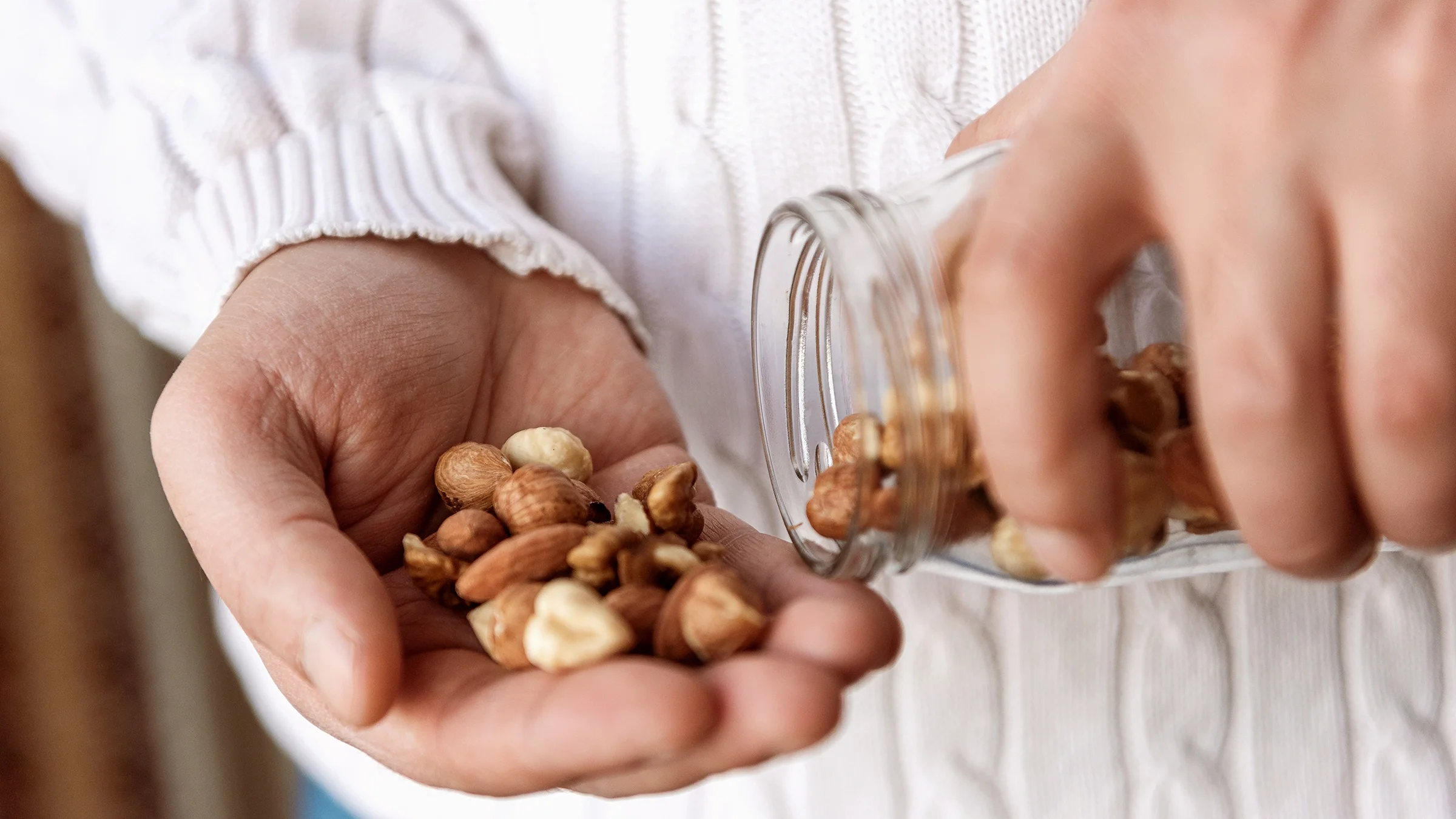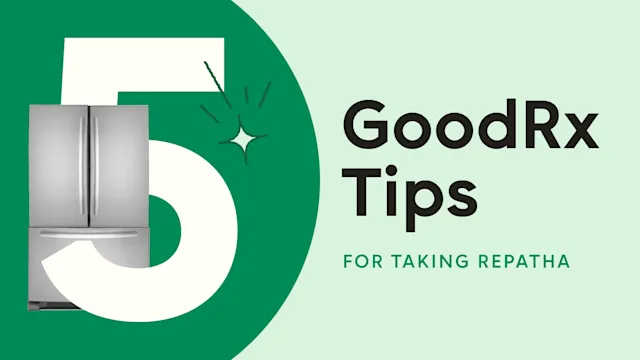Key takeaways:
What you eat the night before a cholesterol test won’t significantly change your test results.
Long-term dietary habits affect cholesterol. It generally takes weeks to months for a change in diet to affect cholesterol numbers.
Whole grains such as oats and barley, lentils, nuts, and fruits are foods that can help improve cholesterol.
If you’re worried about an upcoming cholesterol test, you may wonder what you can do to help improve your results. Does what you eat immediately before a cholesterol test matter?
In most cases, whether you’ve eaten or you’re fasting before a cholesterol test won’t affect the results very much. The one exception to this is your triglyceride level, which can be elevated for several hours after eating a meal. For this reason, healthcare professionals often recommend fasting for 8 to 12 hours before you get your blood tested for cholesterol.
But what about the days leading up to the test? Does what you eat the night before a cholesterol test affect the results?
Not really. The food you eat affects your cholesterol, but more in the longer term. It takes weeks to months for any diet changes to affect your cholesterol numbers.
Read on to learn how what you eat affects cholesterol and what foods you should (and shouldn’t) be eating to improve your heart health.
1. Oats
Oats are a whole-grain food that have multiple health benefits for your gut and blood sugar and cholesterol levels.
Oats contain a type of soluble fiber called beta-glucan. This helps to lower low-density lipoprotein (LDL), or the “bad” cholesterol. A recent study found that eating oats also improved levels of triglycerides and high-density lipoprotein (HDL), the “good” cholesterol.
Researchers think that this happens because oats limit absorption of fat in foods. One study found that people with borderline high cholesterol who consumed at least 3 g of beta-glucan per day had a 6% reduction in their LDL after 4 weeks.
2. Nuts
Not all fats are bad. In fact, consuming more “good” fats can improve cholesterol. For heart health, experts recommend a diet high in polyunsaturated fats and low in saturated fats. Nuts are a great source of polyunsaturated fats.
Check your cholesterol every 5 years. Take a look at other screening tests every adult needs.
Not sure what to do with your results? Our experts review what those numbers on your cholesterol test really mean.
How does high cholesterol affect your health? GoodRx’s guide to high cholesterol has the answers to all your questions.
For a snack, try a small handful of nuts (1.5 oz) per day to reap the health benefits. All nuts are heart healthy. But they may contain slightly different amounts of protein, fats, and fiber.
3. Lentils
There’s a lot to like about lentils. They’re rich in protein, fiber, and iron. Adding lentils and other non-soy legumes to your diet can help improve your cholesterol. One study found that people who ate lentils daily for 12 weeks lowered their LDL cholesterol.
Lentils are a great ingredient for hearty soup. You can also add them to salads for added protein.
4. Barley
Another whole grain on this list of heart-healthy foods is barley. Barley isn’t as popular as oats, but it also contains beta-glucan fiber. A small study of people with mildly elevated cholesterol showed that just 5 weeks of eating barley lowered their LDL cholesterol levels. And eating barley improves more than cholesterol: It may also help lower blood pressure if your cholesterol levels are mildly high.
5. Fruit
Fruit can be an easy and nutritious snack to enjoy on the go. And getting enough fruit can also help improve cholesterol. Like other foods on this list, whole fruits contain lots of fiber. In one study, eating an average of 0.75 to 1.5 servings of fruit per day was associated with a lower risk of cholesterol problems in teens.
What foods should you avoid before your cholesterol test?
Certain foods have the exact opposite effect on cholesterol: Over time, they can drive up your “bad” cholesterol and increase your risk of heart disease. Here are some foods to avoid.
Alcohol
Drinking alcohol will cause a short-term increase in triglycerides (which will be screened for on a cholesterol test). So it’s best to avoid drinking alcohol 8 to 12 hours before a cholesterol test. Heavy, regular drinking can lead to persistently high triglyceride levels. This means the levels are high even when people haven’t consumed alcohol recently.
Fatty foods
To lower cholesterol, it’s best to choose foods that are low in fat or contain healthy, plant-based fats. Eating foods high in saturated fats like red meats, butter, and high-fat dairy products can lead to higher cholesterol levels over time.
The bottom line
The food you eat affects your cholesterol levels. But it generally takes time for changes in diet to alter your cholesterol numbers. That’s why what you eat the night before having a blood test for cholesterol probably won’t affect the result very much. In fact, in most cases eating the morning of a cholesterol test will have only a minimal effect on your results.
To improve your cholesterol, focus on long-term dietary changes like eating more foods that are high in fiber and healthy fats such as oats, nuts, and fruits. And limit alcohol and fatty foods.

Why trust our experts?


References
American Heart Association. (2023). The benefits of beans and legumes.
Amerizadeh, A., et al. (2023). Effect of oat (Avena sativa L.) consumption on lipid profile with focus on triglycerides and high-density lipoprotein cholesterol (DHL-C): An updated systematic review. Current Problems in Cardiology.
Bazzano, L. A., et al. (2012). Non-soy legume consumption lowers cholesterol levels: A meta-analysis of randomized controlled trials. Nutrition, Metabolism, And Cardiovascular Diseases.
Behall, K. M., et al. (2004). Diets containing barley significantly reduce lipids in mildly hypercholesterolemic men and women. The American Journal of Clinical Nutrition.
Behall, K. M., et al. (2006). Whole-grain diets reduce blood pressure in mildly hypercholesterolemic men and women. Journal of the American Dietetic Association.
Carson, J. A. S., et al. (2019). Dietary cholesterol and cardiovascular risk: A science advisory from the American Heart Association. Circulation.
Chamberlin M. L., et al. (2024). Twelve weeks of daily lentil consumption improves fasting cholesterol and postprandial glucose and inflammatory responses—a randomized clinical trial. Nutrients.
de Wiel, A. V., et al. (2011). The effect of alcohol on postprandial and fasting triglycerides. International Journal of Vascular Medicine.
Ganesan, K., et al. (2017). Polyphenol-rich lentils and their health promoting effects. International Journal Of Molecular Sciences.
Langsted, A., et al. (2008). Fasting and nonfasting lipid levels: influence of normal food intake on lipids, lipoproteins, apolipoproteins, and cardiovascular risk prediction. Circulation.
Liu, J., et al. (2021). Association between fruit consumption and lipid profile among children and adolescents: A national cross-sectional study in China. Nutrients.
MedlinePlus. (2024). How to lower cholesterol with diet.
National Heart, Lung, and Blood Institute. (2013). Lentil Soup. National Institutes of Health.
Tosh, S. M., et al. (2020). Emerging science on benefits of whole grain oat and barley and their soluble dietary fibers for heart health, glycemic response, and gut microbiota. Nutrition Reviews.
Wolever, T. M., et al. (2021). An oat β-glucan beverage reduces ldl cholesterol and cardiovascular disease risk in men and women with borderline high cholesterol: A double-blind, randomized, controlled clinical trial. The Journal of Nutrition.
Yokoyama, Y., et al. (2017). Association between plant-based diets and plasma lipids: A systematic review and meta-analysis. Nutrition Reviews.














